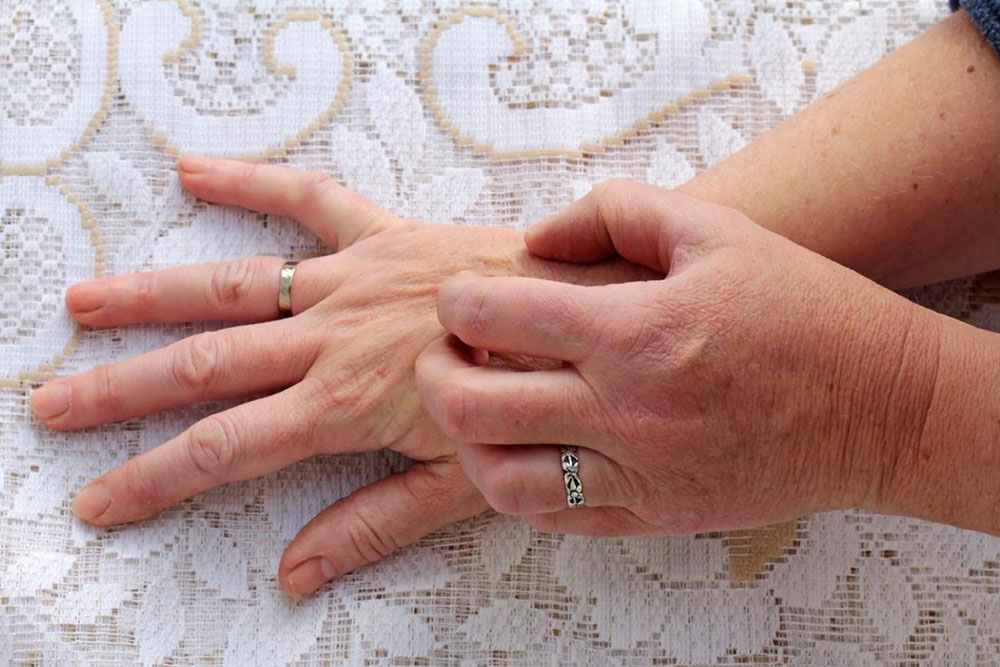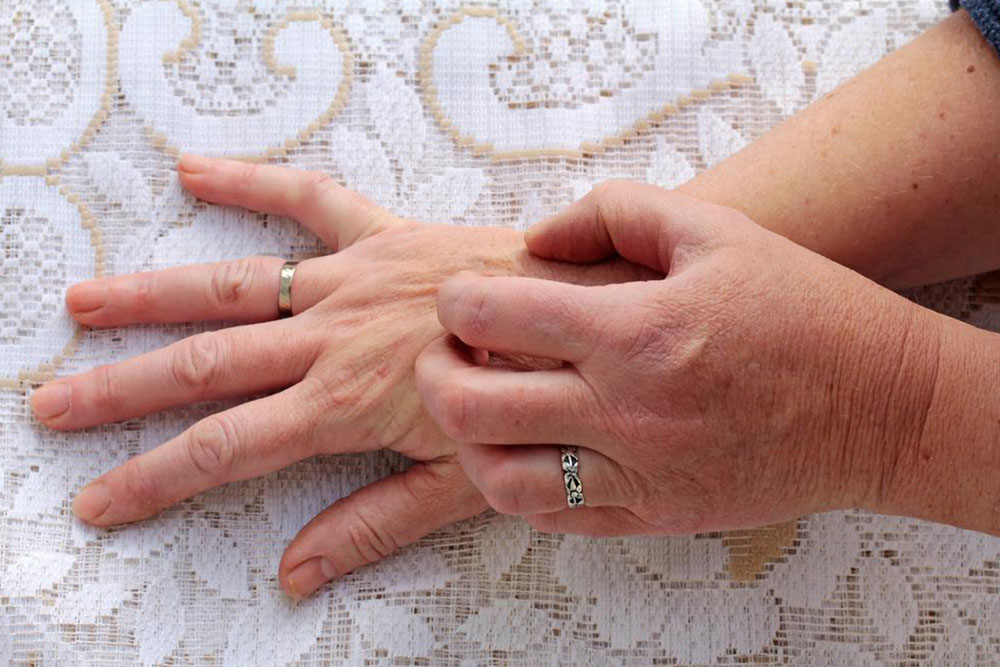Comprehensive Guide to Understanding Migraines
Learn essential facts about migraines, including symptoms, triggers, and effective management strategies. This comprehensive guide covers treatment options, preventive measures, and lifestyle tips to help sufferers reduce the frequency and severity of headaches. Understand how lifestyle changes and alternative therapies can facilitate relief and improve quality of life.

Experiencing frequent headaches can be distressing, and migraines are among the most intense forms of such pain. These episodes result from specific changes in brain activity, leading to moderate or severe discomfort. Not all headaches are migraines, so recognizing their unique signs is essential.
Key Symptoms of Migraines
Nausea and occasional vomiting
Pulsating sensation around the eyes
High sensitivity to sound and light
Severe pounding pain typically on one side of the head
Visual disturbances such as blind spots
Common Migraine Triggers
Exposure to smoke-filled environments
Bright or flickering lights
Allergic reactions
Dehydration
Passive or active smoking
Physical stress from fatigue, exercise, or jet lag
Disrupted sleep patterns
Hormonal changes related to menstrual cycles, menopause, or birth control pills
Stress-related tension headaches
Managing and Treating Migraines
Prescription medications like Frova, Axert, Imitrex, Sumav, Zolmitripan, and Maxalt are commonly used
Adjusting diet and lifestyle, combined with regular physical activity, can significantly reduce attack frequency
Avoiding trigger foods is also recommended
Consuming small amounts of caffeine can alleviate symptoms during early stages
Applying cold or hot compresses to the head or neck can help relax tense muscles
Taking hot baths and resting in dark, quiet rooms offers relief
Acupuncture is a viable alternative treatment option
Preventative Strategies
Vitamin B2 supplements over three months may help decrease migraine episodes
Herb butterbur supports healthy blood flow and can reduce migraine frequency
Note: The information provided aims to inform readers about migraines but is not a substitute for professional medical advice. Always consult healthcare professionals for diagnosis and treatment options. Our website is not responsible for inaccuracies or discrepancies in data across different sources.










